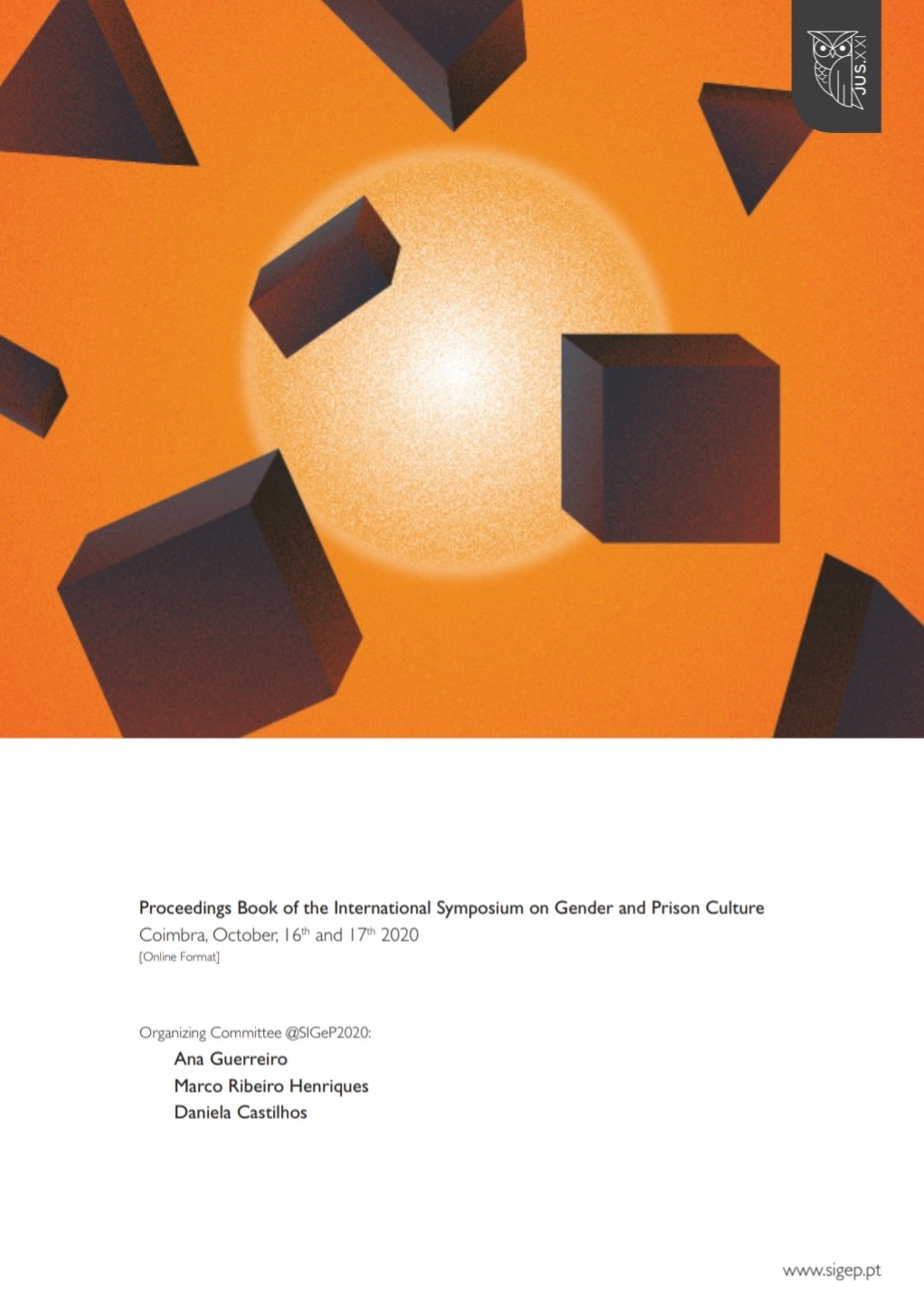
The insertion of prisoners in the provision of services within the brazilian prison system: reintegration into the labor market
Olívia Costa Lima Ricarte
ESDC/SP
Fabrizio Bon Vecchio
UNISINOS
Resume:
According to the National Register of Inspections of Criminal Establishments (CNIEP), a database maintained by the National Council of Justice (CNJ) and which provides an overview of Brazilian prisons, through the geopresidium platform, the country currently has 434,993 thousand places distributed 2,775 custody establishments. On the other hand, the National Penitentiary Department (DEPEN), an organ linked to the federal government, released last February the updated national survey of penitentiary information, through the infopen system, referring to 2019, which pointed out that there were 773,151 thousand incarcerated people in Brazil, in all sentence enforcement regimes, including in this number, pre-trial detainees who, in reality in Brazilian prison, account for almost half of the prison mass, 41.5% (CNJ, 2019). This denotes a deficit of vacancies in all states of the federation, which varies from 10.87% (Bahia) to 165.36% (Recife), according to geopresidium data, updated month by month by the Criminal Execution Courts. In addition to this overcrowding scenario, the structural conditions of Brazilian prisons have historically fallen far short of minimal ideals, with many being unhealthy and with little or no prospect of resocialization itself. Above all, in the sense of offering professional or occupational activities that, in addition to seeking the remission of the sentence, provide the prisoner with the possibility of contributing to society in the future and the recovery of their self-esteem as a human being subject to rights (principle of dignity) the human person) and, from the point of view of the social-collective, that prevents him from returning to criminality, in this sense, it deserves the point that the rate of criminal reiteration in Brazil is also high; 70%, according to a report by the Institute for Applied Economic Research (IPEA). In this tuning fork, even though forced labor is prohibited in the country (Federal Constitution, article 5, item XLVII, item “c”), it is common ground that many want to work spontaneously, and pursuing this spectrum, the present study will address the current job possibilities within the prison system, using the labor of the prisoner, either as submitted to the bidding companies that operate in the system, or in the form of cooperatives. The working method will be based on the observation of successful experiences across the country, the discussion will take place around the modalities of these work fronts as well as the results obtained. It is hoped to achieve a general and optimistic panorama about these experiences, in order to use them as examples for similar realities, in Brazil and in the world.
Keywords: Human Dignity, Resocialization, Prison Population.
RICARTE, O. C. L. ; VECCHIO, F. B.. THE INSERTION OF PRISONERS IN THE PROVISION OF SERVICES WITHIN THE BRAZILIAN PRISON SYSTEM: REINTEGRATION INTO THE LABOR MARKET. In: II Simpósio Internacional Genero e Cultura Prisional – SIGeP 2020, 2020, Coimbra. Proceedings Book of the International Symposium on Gender and Prison Culture. Porto: JUS.XX, 2020. v. 1ª. p. 132-132.
